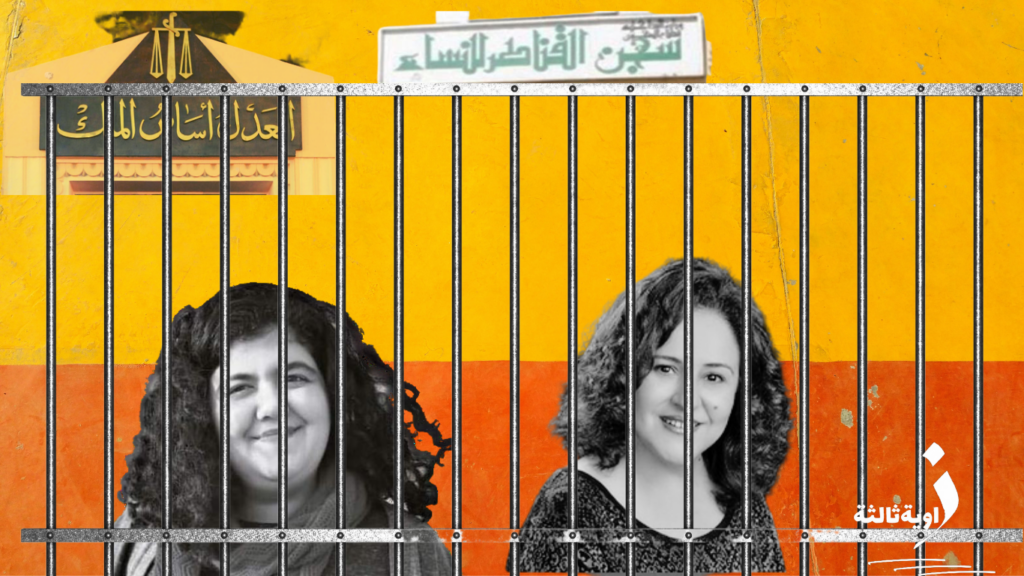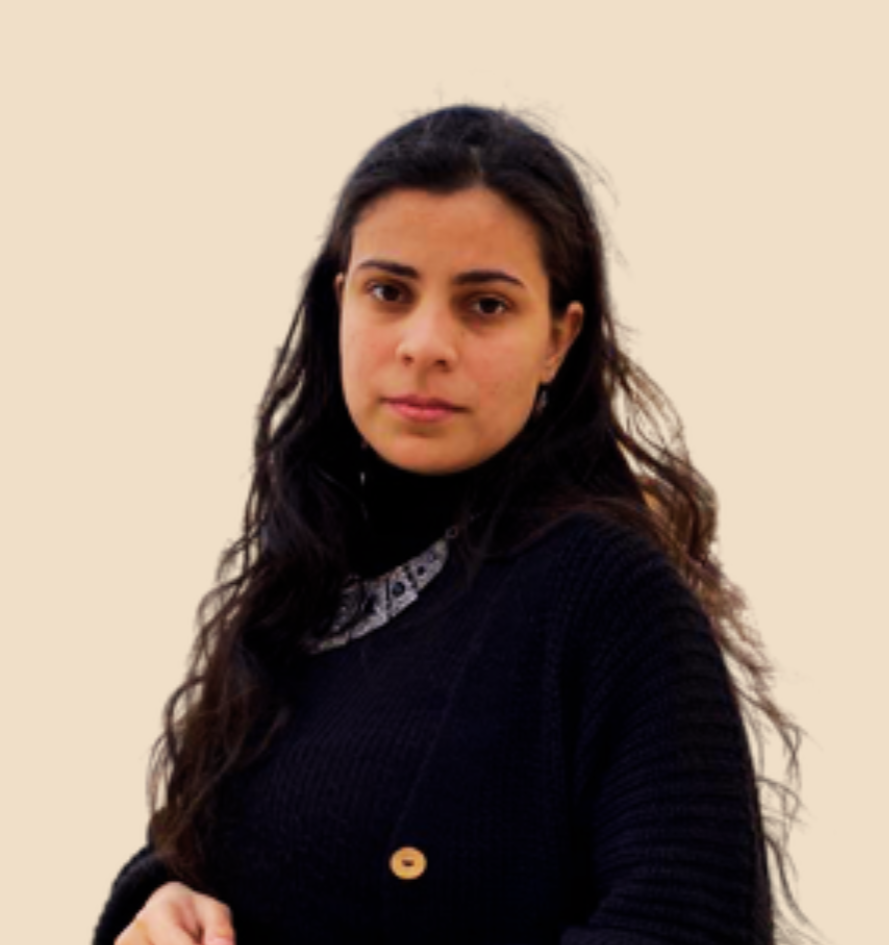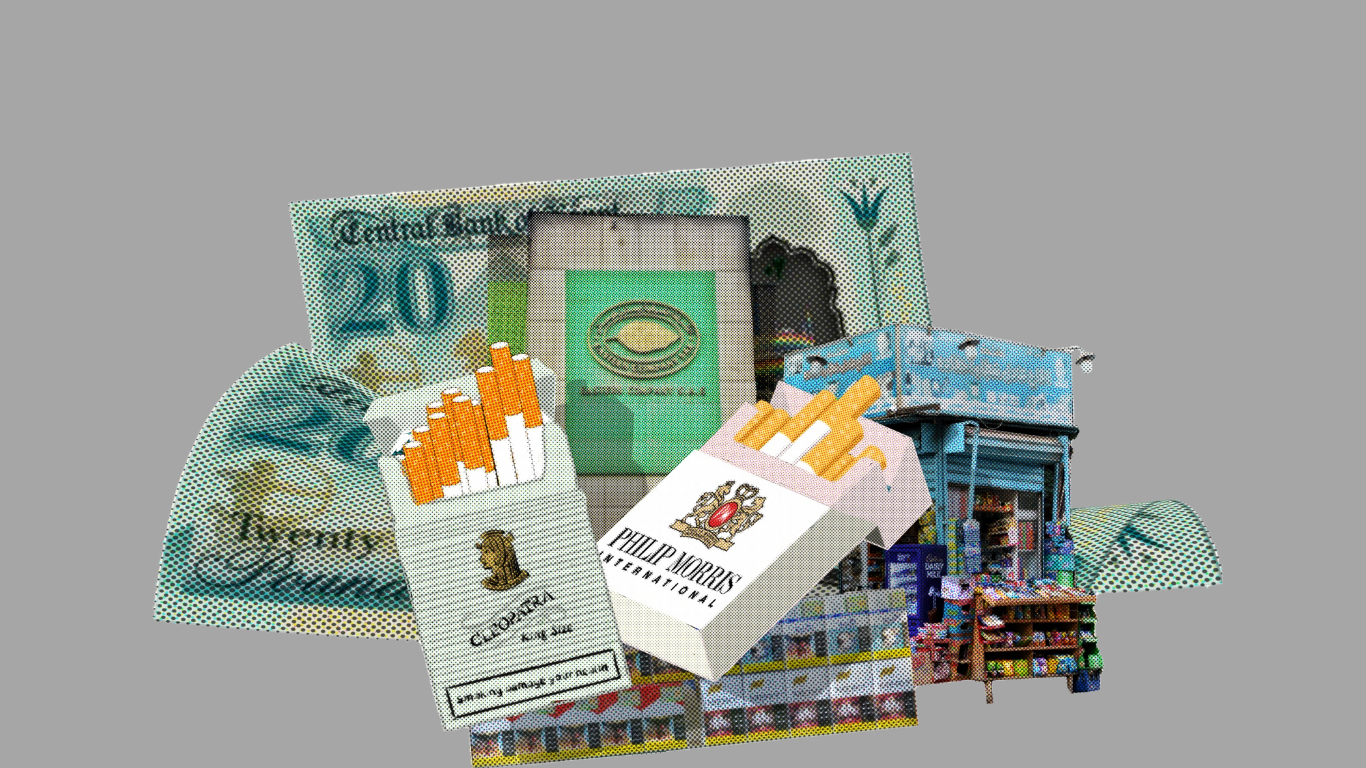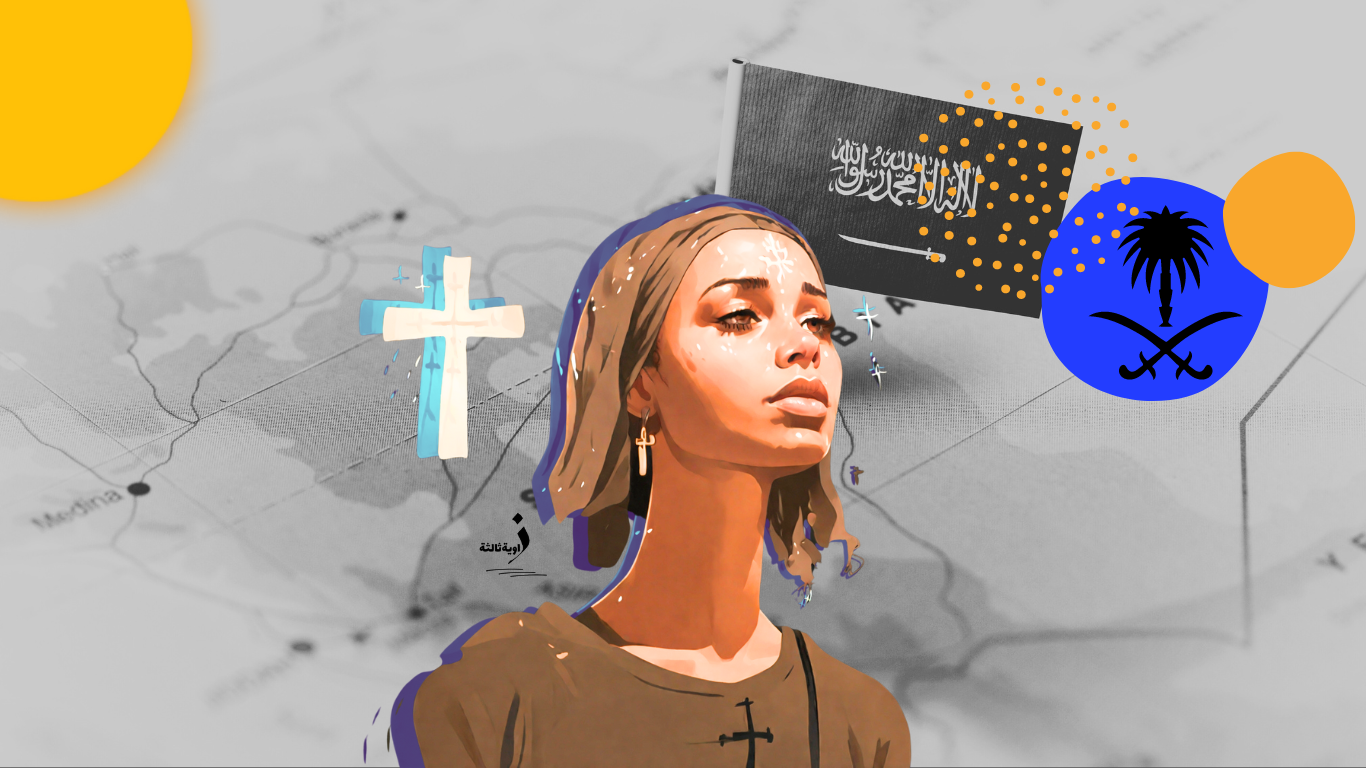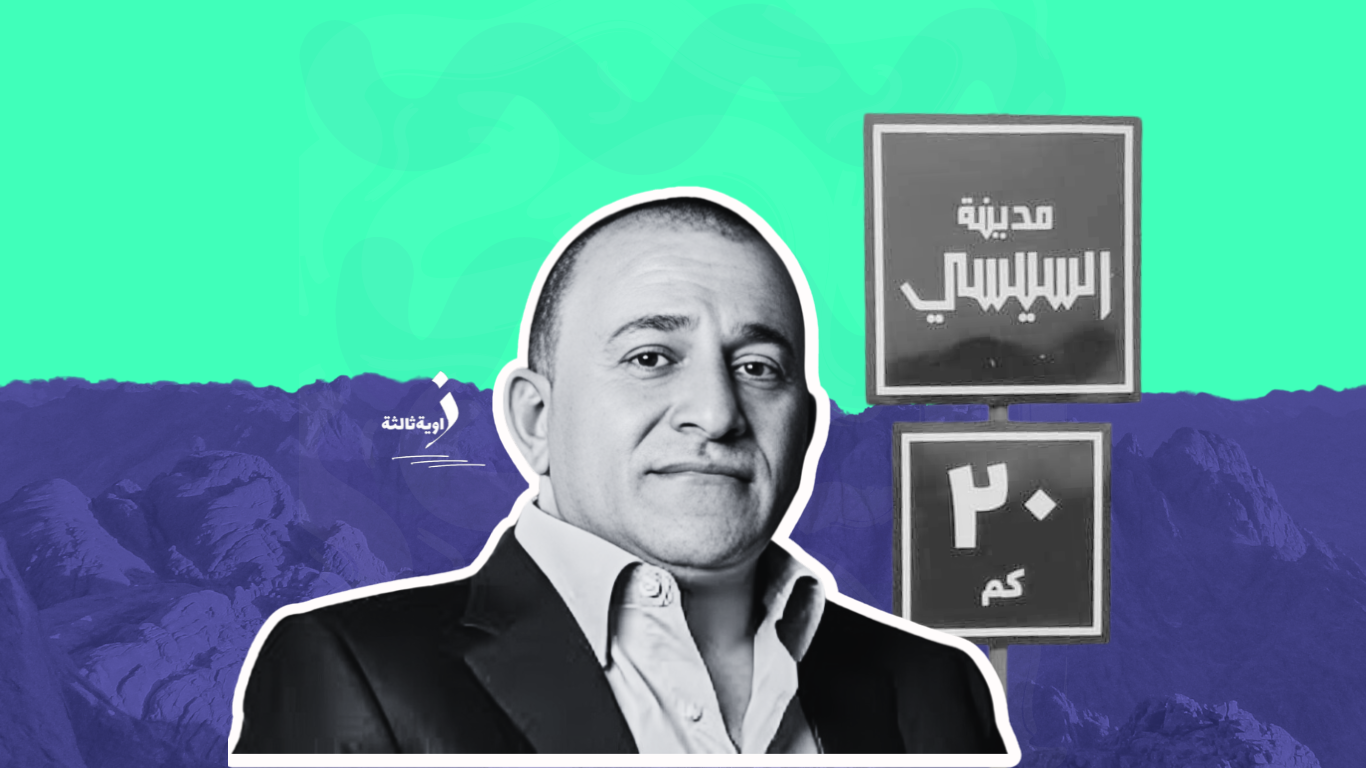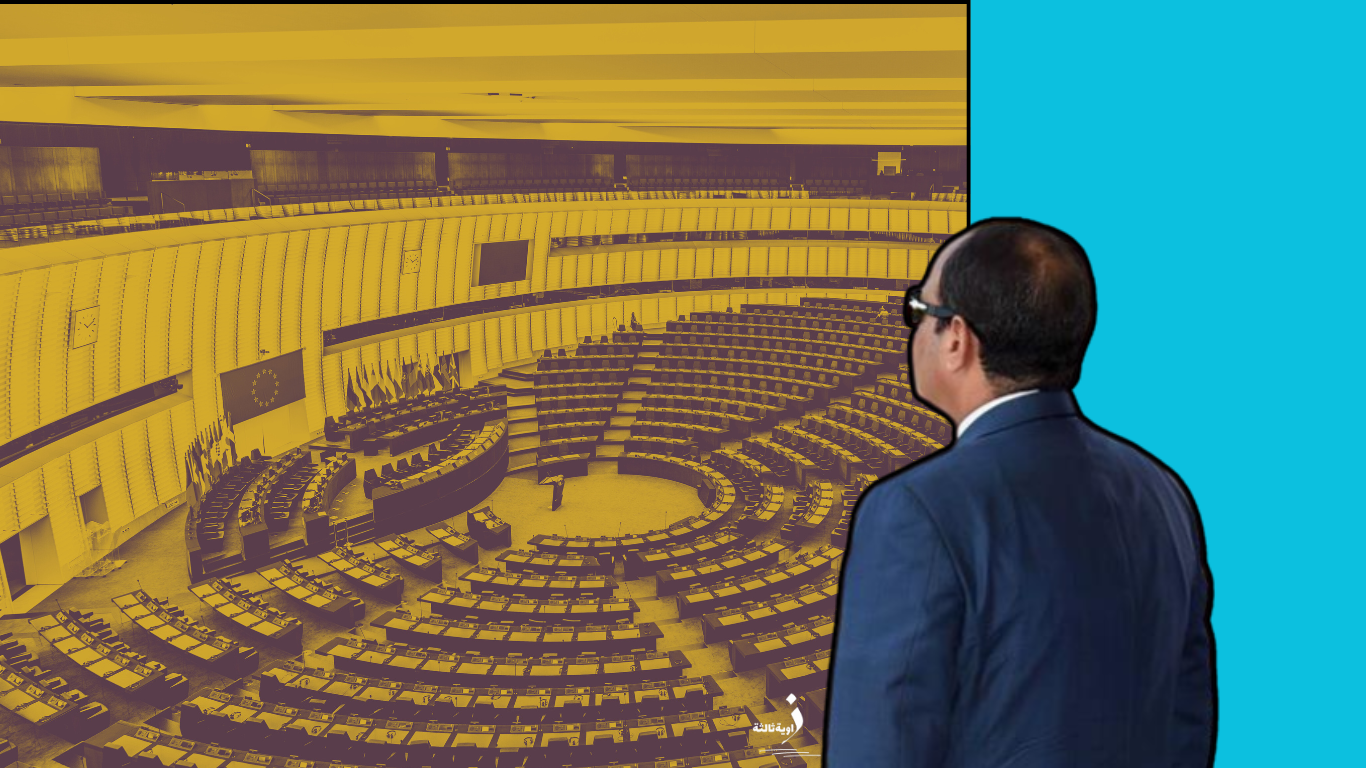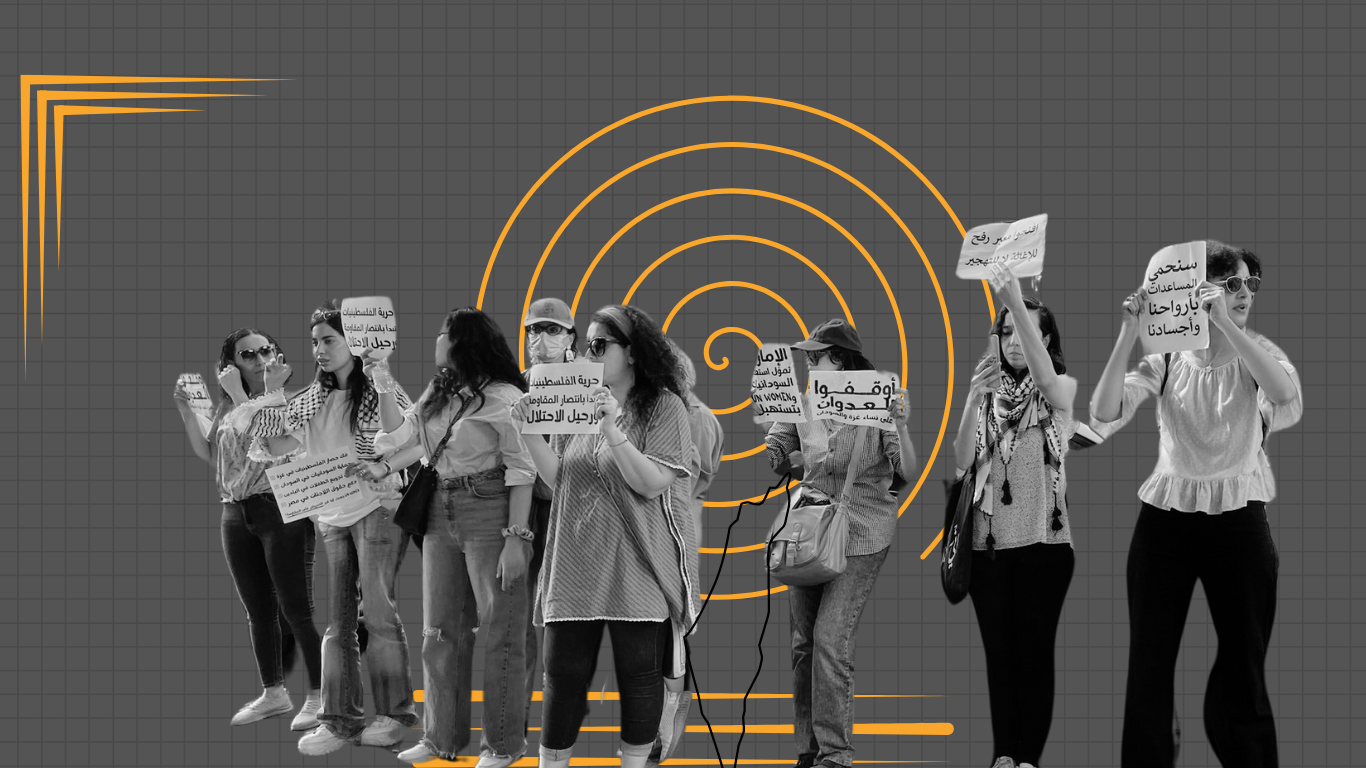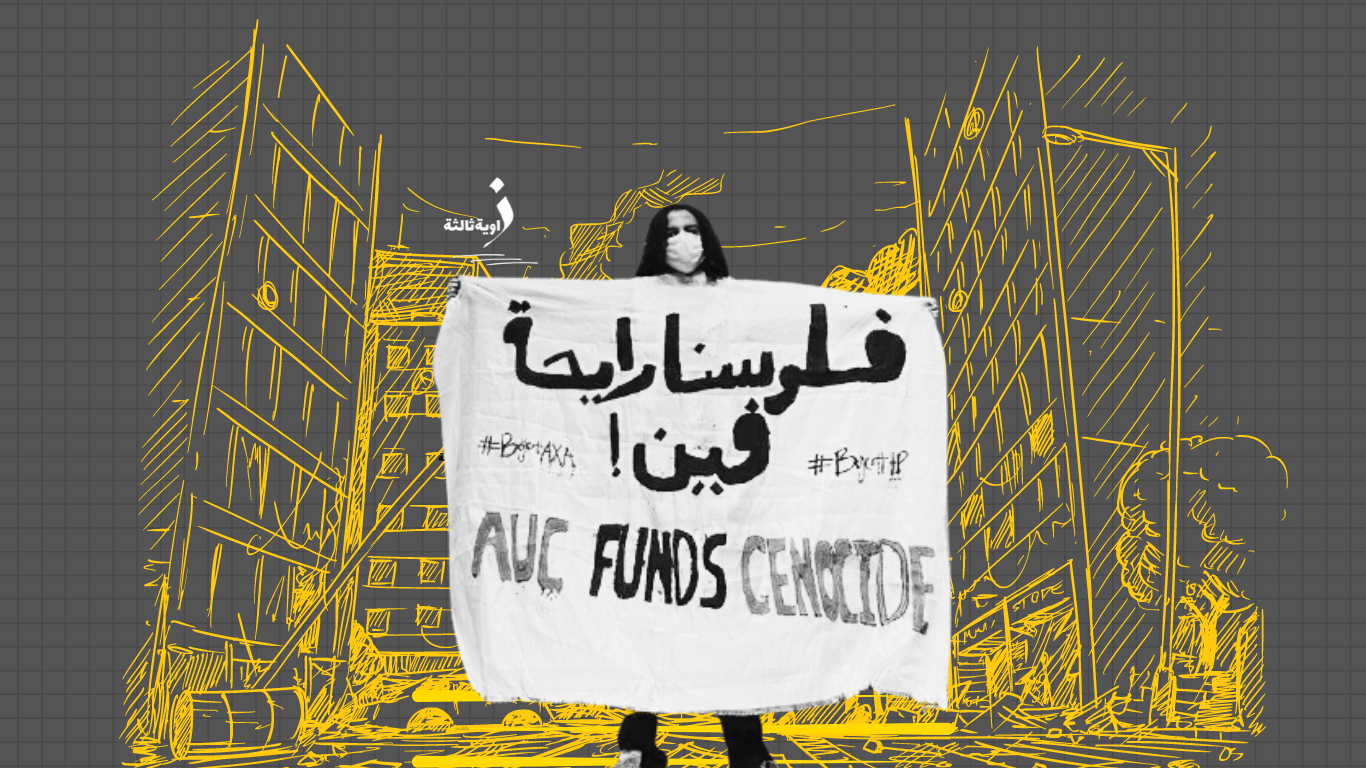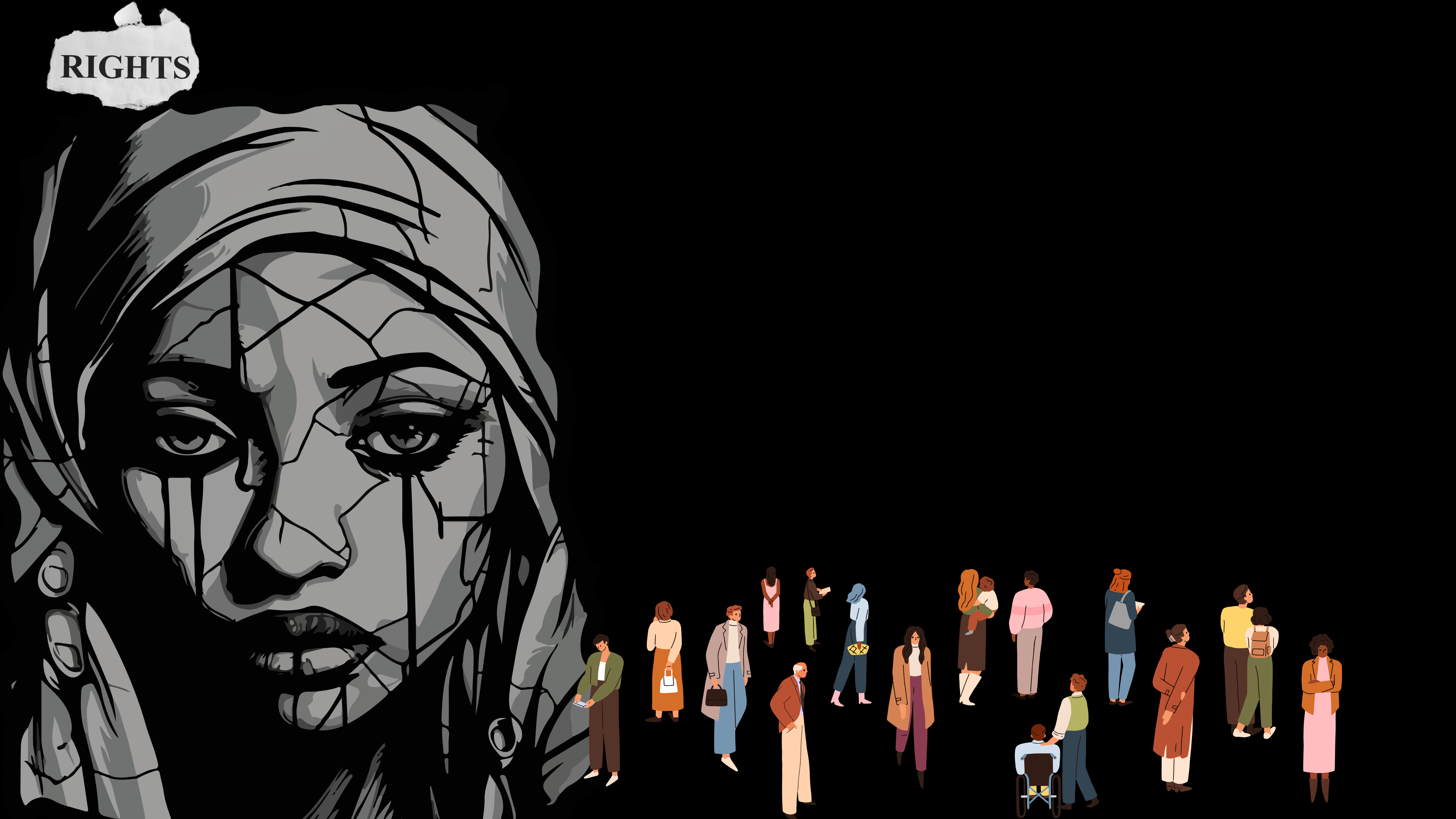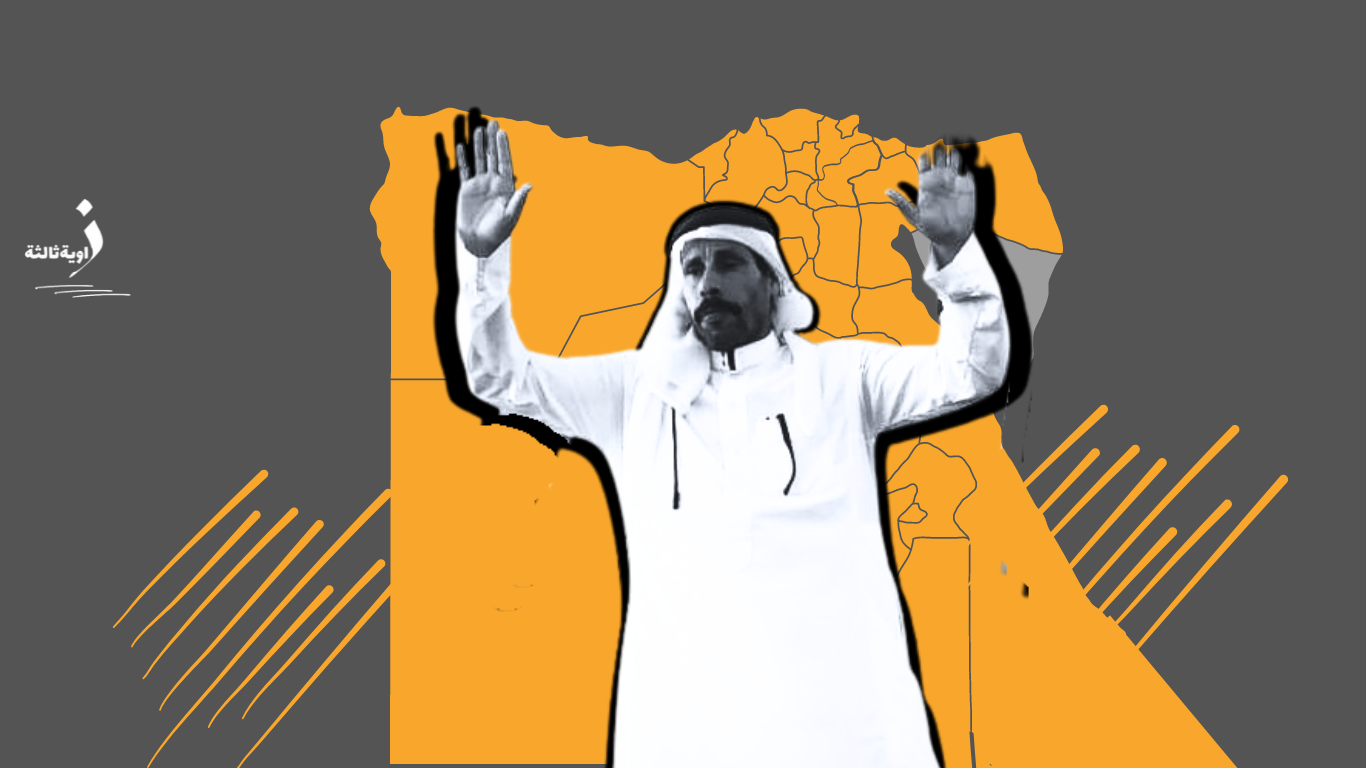Cairo
With disappointed glances, Shaimaa goes over the names of those released in the recent presidential pardon list issued on August 19th this year, hoping to find a name of any woman who gained her freedom among the 30 political prisoners granted the pardon. As usual, women are not on the agenda of freedom.
Shaimaa El-Banna, a political and feminist activist, sought asylum in Sweden after the reopening of Downtown Oppressed Victims’s case, in which she was accused, along with 226 others involved accusations against protesters for the killing of their fellow demonstrators, in addition to charges of demonstrating and assembling. Despite El-Banna’s escape, she continues to advocate for the release of female prisoners, especially prisoners of conscience and those suffering from dangerous health conditions or unfair sentences.
Pardon Does Not Include Women
After a temporary suspension, President Abdel Fattah el-Sisi decided in May 2022 to reactivate the presidential pardon committee to release several political prisoners and debtors. This act was a precursor to the national dialogue recently conducted by Egypt with the opposition, temporarily suspended until the completion of the 2024 presidential elections. The committee’s choices for prisoners seeking release are based on criteria such as “not belonging to terrorist groups, not committing violent crimes, or being convicted in cases of incitement and terrorism,” according to statements by one of its members. The committee reviews the files of prisoners they believe deserve presidential pardon, which the President approves using his authority to pardon individuals with final convictions.
The pardon committee issued several lists, accompanied by several releases. However, the Committee for Justice noted freedoms of around 915 individuals since 2020, with only 23 female prisoners, constituting a mere 2.5% of the total released.
Shaimaa El-Banna believes that “the prevailing perception of civil society being for men only, and that women’s involvement in the public sphere is limited to feminist issues, is marginalising for us and is indeed reflected in the cases of female prisoners of conscience being ignored”.
No Specific Number of Female Prisoners
Esraa Abdel Fattah, a former political prisoner, journalist, and human rights activist, stated that she had not received a response from the committee responsible for issuing lists. She added to Zawia3, “Unfortunately, we cannot quantify the number of female and male political prisoners. We can only speak about those we know and those who were with us in prison”.
A research paper by the Nazra for Feminist Studies in 2017 noted that although the proportion of women in prisons is lower than that of men internationally, there is an increase in the imprisonment of more women, depriving them of the right to access justice, freedom of expression, and participation. The repressive authorities use crimes related to honour and societal values as a window to suppress their political activities.
Shaimaa says, “Even if male prisoners outnumber female prisoners, it does not negate the existence of cases that necessitate urgent release, especially in the case of female prisoners exceeding the period of pretrial detention or those sentenced with poor health conditions, in addition to the elderly and mothers”.
A report by the International Organization for Criminal Reform explains that violence against women is deeply rooted in societal values and cultural patterns. Consequently, these values are reflected in the prison system’s treatment of women, where forms of violence and discrimination against women outside prison walls accompany them inside.
The absence of female representation in the public sphere in Egypt can be explained by the presence of a presidential pardon committee for political detainees consisting of five male representatives with no woman among them, demonstrating gender discrimination against women in Egyptian prisons.
Deprivation of Sanitary Pads
Egypt has 78 prisons, including 53 public prisons, 11 of which are for women, and detention facilities for women in central prisons, private prisons, directorates, and police departments. These lack consideration for women’s needs, as the law does not recognize the specific needs of women’s bodies in prisons. Their gender-specificity is sometimes used as a tool for pressure and persecution. Moreover, besides the violations women face during prison self-inspection, they are prevented from receiving sanitary pads during visits or provided at the prison canteens at inflated prices. Adequate healthcare for pregnant mothers or safe means of transportation for them and their fetuses are also not provided.
Since most women’s cases trigger solidarity campaigns from fellow female prisoners, demanding their rights to improve their conditions in prisons or advocating for their release on national and international women-related occasions, the Egyptian Initiative for Personal Rights launched a campaign titled “Monthly Periods in Prisons” on International Women’s Day in 2019 to press for considering the specificity of women and providing conditions that suit their bodily nature.
Forgotten Cases of Female Prisoners
“I was going to forget, along with hundreds of the forgotten ones behind bars, and this is what hurts me,” said “Shaimaa El-Banna” about her feeling of neglect in advocating for the release of women. She added, “Not a single human rights campaign was launched solely to secure the release of women, especially those not well-known. We see several reports about the conditions of women in prisons, released on Mother’s Day, Egyptian Women’s Day, and International Women’s Day, and forget their existence for the rest of the year”.
Esraa Abdel Fattah participates in the national dialogue and sees it as the only means of communication with the authorities. She says, “We insist on mentioning prisoners in general whenever we have the opportunity, especially during sessions on freedom of opinion and expression. We do not want to forget anyone, especially women, as we once shared the same pain with them”. She added, “Ambassador Moshira Khattab, the head of the National Council for Human Rights, emphasised the necessity of considering female prisoners held on political charges during her speech in the recent session on freedom of opinion and expression in the dialogue”.
Marwa and Hala
“I can’t believe I haven’t been since April 20th, and I might not go for years. The prison is terrible, Mom.” This is a part of the message from the political prisoner Marwa Aref, which she managed to send from Qanater Women’s Political Prison.
August 16th was Marwa Aref’s birthday, marked the fourth anniversary of her imprisonment in Qanater Women’s Prison, known for its harsh detention conditions according to the Freedom of Thought and Expression Foundation. Marwa is confined far from her family and her five-year-old daughter Wafaa, who was only 28 months old when her mother was arrested. Wafaa witnessed severe psychological traumas, especially after security forces stormed her mother’s house and arrested her in front of her.
AFTE stated that Marwa has been behind prison walls since a security force arrested her in April 2020 after searching her home and confiscating financial sums and her mobile phone without presenting a permit or authorization from the prosecution. After a forced disappearance that lasted for two weeks, Aref appeared before the Supreme State Security Prosecution and was included in Case No. 570 – 2020. Despite the lack of trial or evidence proving the charges usually directed at political activists, such as joining a terrorist group with knowledge of its purposes and committing a crime of financing for a terrorist purpose, and despite the absence of legal legitimacy to continue her detention, the Criminal Court continues to renew her detention for more than three years. The last renewal session was on August 13th, contradicting the law, which stipulates that the period of pretrial detention should not exceed two years as a maximum, a duration that Aref has exceeded since May 9th, 2022.
As another example of female political prisoners not mentioned in the amnesty lists, on August 19th of last year, the Criminal Court decided to extend the detention of the former Maspero journalist, Hala Fahmy, for 45 days pending investigations in Case No. 441 – 2022 by the Supreme State Security. Fahmy’s expression of her political and economic views was the reason for her arrest, as she posted several video clips on Facebook regarding the Grand Ethiopian Renaissance Dam crisis and Emirati investments in Egypt. A few days later, she posted a live video where she was pursued by security forces in civilian clothes. On April 24th, security forces arrested her, and the prosecution interrogated her on the same day without a lawyer. She was charged with joining a terrorist group, incitement to commit a crime, and spreading false news domestically and internationally.
Marwa and Hala, along with other women spending long years in the depths of prisons and detention facilities, await the consideration of their cases, inclusion in the amnesty, and release to return to their lives and families. Esraa Abdel Fattah revealed to Zawia3 that she received “news from the Pardon Committee that a list of women is being prepared for their release,” adding, “We hope this happens soon”.

